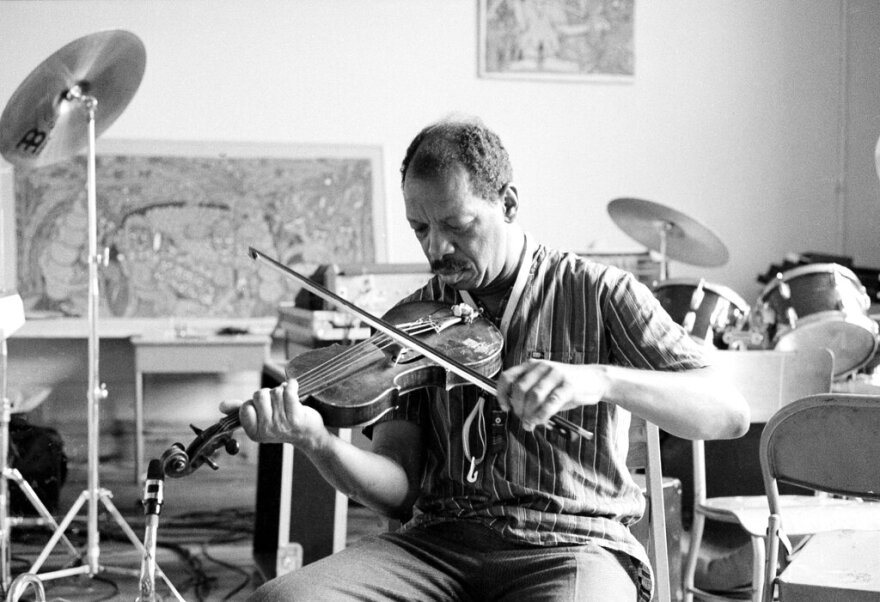MARCH 9
Amerigo Vespucci was born—1451
As almost everyone no doubt knows, North America and South America are named for a guy named Amerigo Vespucci, an Italian merchant with, one assumes, a disregard for misadventure. I say this because in the late 13th and early 14th centuries, Amerigo went swanning off on voyages of discovery when he probably could have simply stayed home and done merchant things instead of sailing into the unknown…probably in search of a fast buck.
The trouble is, Amerigo did his globetrotting so long ago that nobody’s a hundred percent sure how many voyages he navigated. There seems to have been some underhanded letter-writing going on at the time, among other things. I can’t make heads or tails of it so if you’re interested, research it yourself.
Historians seem relatively content to say he definitely did two voyages—one in 1499-1500 which got him from Spain to the mouth of the Amazon River and back, and one that set out in 1502, which got him from Portugal to perhaps Guanabara Bay, which is the bay of Rio de Janeiro. However, Rio wasn’t what it is today so he didn’t stay long, returning to Lisbon in mid-1502.
So, yeah, two continents are named for him but who, exactly, did the naming? This somewhat dubious honor seems to redound to a German cartographer named Martin Waldseemuller who first used the name on a map in 1507. Martin’s collaborator, Mattias Ringman, explained it like this: "I see no reason why anyone could properly disapprove of a name derived from that of Amerigo, the discoverer, a man of sagacious genius. A suitable form would be Amerige, meaning Land of Amerigo, or America, since Europe and Asia have received women's names." Hmm…
I don’t know if Martin and Mattias are rating Amerigo too high, or if I’m being too hard on a dead guy who can’t answer for himself. "America" is a perfectly fine name and we’re used to it, so let’s leave it at that. Amerigo Vesupcci died in 1512. Of malaria. No surprise there.
‘Free jazz’ saxophonist Ornette Coleman's birthday —1930
Ornette Colman, one of the great jazz innovators, was born on this day in 1930. He began his career as an alto, and sometimes tenor, saxophonist in Texas R&B bands at age 14. Though later in life he expanded his musical proficiency to violin and trumpet, as well.
For many, Ornette is the face of "free jazz," the form of jazz that seems to be the least informed by form. To all but the most diehard jazz aficionados, it sounds like musicians getting together and then each going in a different direction all at once. Or solo artists trying to go in all directions all at once, all by themselves. But that’s a bone-headed way of looking at it. Especially where Ornette Coleman is concerned.
Growing up in Fort Worth, Coleman was steeped in blues and R&B, but eventually wanted to break out of what he felt were restrictive chord progressions and harmonies. When he moved to LA in the early 1950s, the self-taught musician studied books on harmony and music theory while working as an elevator operator.
His experimental performances of what he came to call "harmoldics" only appealed to a relative handful of listeners and musicians. Yet he continued to pursue the music that was in his head, eventually abetted by bassist Charlie Haden, trumpeter Don Cherry and drummer Billy Higgins.
In 1958, this seminal quartet recorded the first in what was essentially a three album mission statement—Something Else, released in 1959, The Shape Of Jazz To Come, also ’59, and Change Of The Century, 1960. The music on these albums is challenging, containing a lot of go-for-broke tempos and improvisation with plenty of tonal edges, but the four musicians are obviously going in the same direction on each composition, with a lot of bravura unison playing and stoptime group performance.
Here’s my favorite Ornette Coleman recording. It’s his composition, "Ramblin," from the Change Of The Century LP. I think of it as "Ornette Coleman meets Aaron Copland"—and it’s a true delight.
Also included, just to make sure everybody’s happy—a bluegrass version of the song by fiddler Richard Greene, bassist Buell Neidlinger, mandolinist Andy Statman and guitarist Tony Rice.
Bertha Knight Landes elected Seattle mayor in 1926
Ms. Knight Landes came up in this column last week, as one of the people who basically cut the ribbon on the then-new Paramount Theatre in 1928. As stated, she was Seattle’s mayor—the first woman ever to become mayor of a major American city, and the only female mayor of Seattle until the election of Jenny Durkan in 2017.
Born Bertha Knight in Massachusetts, she and her husband, Henry Landes, moved to Seattle when Henry got a job teaching at the University of Washington. Bertha seemingly dove right into civic activities. In 1922, she and the rather memorably named Kathryn Miracle became the first women to serve on the city council.
In 1926 — only 6 years after women had been given the right to vote in America — she ran for mayor and won. As Seattle Times art critic, Moira McDonald wrote in a 2022 article:
“Though her time in office was brief, Landes — who hated being called 'mayoress' — was praised for an effective, scandal-free administration, and was endorsed by The Seattle Times for reelection. She never ran for elected office again, but spoke and wrote extensively about women’s 'natural sphere' of politics, encouraging others to follow in her footsteps and demanding equal treatment of all elected officials."





